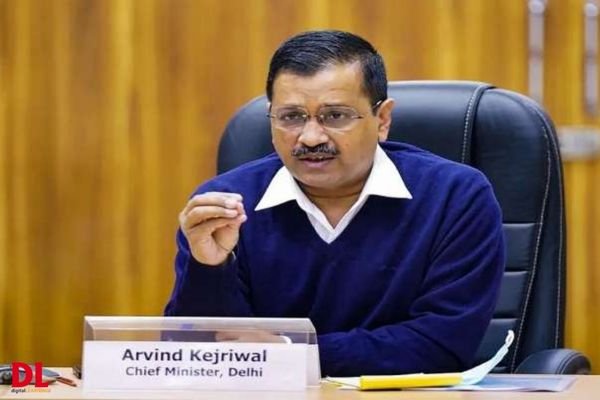The Enforcement Directorate (ED) has issued a ninth summons to Delhi Chief Minister Arvind Kejriwal, asking him to appear before the federal agency on March 21 in connection with the excise policy case. This development comes after Kejriwal was granted bail by Delhi’s Rouse Avenue court against arrest for skipping previous summons by the probe agency.
Kejriwal’s bail was granted on a bond of ₹15,000 and a surety of ₹1 lakh in the money laundering case related to the excise policy. He appeared before the court following a summons issued to him by Additional Chief Metropolitan Magistrate Divya Malhotra, who had directed him to appear before her on March 16 based on two ED complaints in connection with the liquor policy case.
Addressing a press conference, Delhi Minister Atishi emphasized that Kejriwal’s appearance in court refutes the allegations made by BJP leaders that he was evading legal proceedings. Atishi accused the BJP and Prime Minister Narendra Modi of attempting to jail Kejriwal and hinder his election campaign ahead of the Lok Sabha elections. She criticized their disregard for legal processes and accused them of using government agencies to target political opponents.
Kejriwal before ninth summons has previously skipped eight summons issued by the Enforcement Directorate, maintaining that the summons were “illegal.” The Aam Aadmi Party (AAP) has accused the Bharatiya Janata Party (BJP) of using government agencies to suppress opposition parties and destabilize governments.
The Enforcement Directorate by ninth summons aims to record Kejriwal’s statement regarding the excise policy case, focusing on issues such as the formulation of the policy, pre-policy meetings, and allegations of bribery. The excise policy was introduced to rejuvenate Delhi’s liquor business by replacing a sales-volume-based regime with a license fee system and offering discounts and promotions on liquor purchases.
However, the policy faced controversy after Lieutenant Governor Vinai Kumar Saxena ordered a probe into alleged irregularities, leading to its cancellation. The AAP has accused Saxena’s predecessor, Anil Baijal, of making last-minute changes to the policy that resulted in lower-than-expected revenues and sabotaged its implementation.
In addition to Kejriwal, two senior AAP leaders, Manish Sisodia and Sanjay Singh, are already under judicial custody in connection with the excise policy case. The case has become a focal point of political tensions between the AAP and the BJP, with both parties accusing each other of corruption and malpractice.
As the legal proceedings continue, the case highlights the challenges of governance and accountability in the Indian political landscape, with allegations of corruption and misuse of government agencies casting a shadow over the integrity of the democratic process.
